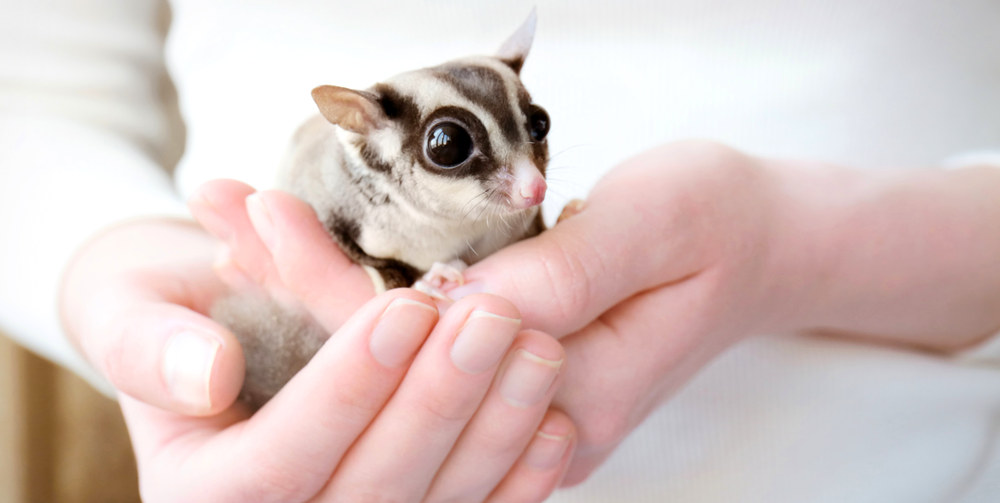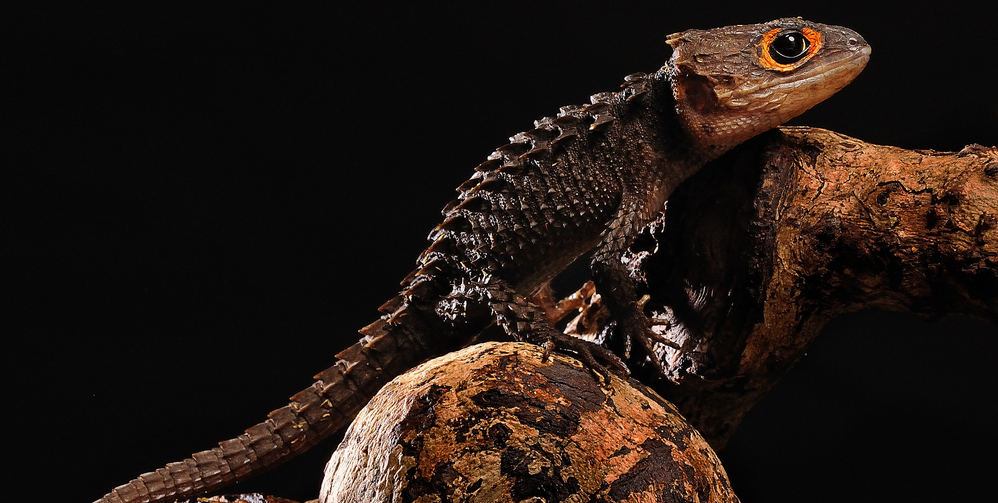Exploring the Exotic Pet Phenomenon: Your Guide to Exotic Pet Ownership

Exploring the Exotic Pet Phenomenon: A Comprehensive Guide to Exotic Pet Sitting
As the sun rises, you hear your scarlet macaw squawking a greeting, or maybe it’s the soft tippy-taps of a pot-bellied pig’s hooves on the wooden floor as he comes to ask you for breakfast.
Gone are the days when pet ownership was limited to cats and dogs. Exotic pets have found their way into our hearts and homes, bringing a unique and interesting charm to households across the globe. This development has led to increased demand for a new kind of service – specialized exotic pet sitting.
Did You Know?
- Exotic Pet Ownership Growth: The number of households in the United States that own exotic pets has been steadily increasing over the years. According to the American Pet Products Association (APPA), approximately 11.5 million households in the U.S. owned at least one exotic pet in 2020.
- Most Popular Exotic Pets: Among the various types of exotic pets, certain species have gained significant popularity. The top three most popular exotic pets in the United States are:
- reptiles (such as snakes and lizards)
- small mammals (such as hedgehogs and sugar gliders), and
- birds (such as parrots, quail, and doves).
- Unusual Choices: Exotic pet owners sometimes opt for truly unconventional companions. Some of the more unusual exotic pets owned in the United States include kinkajous, fennec foxes, and even capybaras.
- Economic Impact: The exotic pet industry has a significant economic impact in the United States. According to a report by the Pet Advocacy Network, the annual revenue generated from the sale of exotic pets and related products and services surpassed $1 billion in 2021, contributing to job creation and economic growth.
Riding the Exotic Pet Wave
The allure of keeping exotic pets is undeniable. Pythons, fancy mice and rats, tarantulas, dazzling jumping spiders, pot-bellied pigs, hedgehogs, and the like may not be everyone’s choice of companionship, but they undeniably offer a novel allure.
Contrary to common belief, there are many exotic pets that require less maintenance than dogs and cats, making them appealing to the busy, modern pet owner. Their intriguing behaviors, distinct personalities, and the rarity factor add an exotic charm to any household.
Increasingly, it’s the younger pet owners who are steering the trend towards exotic pet ownership, displaying a penchant for the unique and unusual. Millennials and Gen Z, characterized by their spirit of individualism and adventure, are leading the charge in embracing less traditional pets.
This has led to a surge in demand for specialized exotic pet sitting services, and hiring pet sitters capable of catering to these exotic pet needs when their owners travel or need to be away unexpectedly. Even harder to find are exotic pet sitters willing to live in client homes overnight or 24 hours at a time to care for multiple pets requiring specialized feeding schedules and a constant human presence.

Navigating the Complexities of Exotic Pet Sitting
Being an exotic pet sitter isn’t for the faint-hearted. Caring for non-traditional pets demands a high level of expertise, adaptability, attention to detail, and a genuine passion for all kinds of animals.
Mastering the Needs of the Exotic Animal Kingdom
With so many kinds of creatures to cater to, each with unique needs and challenges, an exotic pet sitter must be equipped with a broad and deep animal care knowledge base.
From feeding a python a thawed rat safely, to ensuring a White’s tree frog’s habitat is just right, to maintaining an ideal environment and diet for a pumpkin millipede, the required duties and needs for each species are complex and distinct.
Unraveling the Intricacies of Exotic Pet Care
As much as exotic pets are attractive and exciting, they come with their own rule books of care, compared to traditional domestic animals. For instance, consider a reptile that thrives under a certain type of light or an exotic bird whose diet might consist of a very specific assortment of fruits, nuts, seeds, or insects.
The key here is understanding the unique needs of each animal. An exotic pet sitter needs to master these details, assisting pet owners in creating and maintaining a living environment that closely mirrors each pet’s natural habitat.
Cracking the Code of Exotic Pet Behavior
The attraction of exotic pet keeping and husbandry isn’t just their looks; their behaviors are equally enchanting and often misunderstood by those more familiar with domestic pets, like cats and dogs.
Some non-traditional pets can be safely handled, while some venomous pets are best left to enjoy the lack of human interaction. Many exotic pets with special needs require daily feeding, handling, and upkeep while others can go a week or two (or more!) without a feeding or special handling.
Each exotic animal species communicates, behaves, and attempts to live its life according to its inherent traits. Decoding the delightful chatter of a cockatiel or discerning the prey preferences of a tarantula requires keen observation and adaptability.
The secret to successful exotic pet keeping and pet sitting lies in understanding these complex and often entertaining behaviors and learning how to cater to these animals effectively, allowing the pets to thrive even in the owner’s absence.

Choosing a Professional Exotic Pet Sitter
When it comes to entrusting someone with your exotic pet, expertise and pet sitter insurance are non-negotiable. Let’s explore how to assess your potential pet sitter:
Evaluating Credentials and Experience
Be sure to discuss their credentials and experience. It’s also crucial to ask about their familiarity with your specific type of pet. You’ll want to ensure that they can cater to your pet’s needs and maintain their living conditions with skill and confidence.
Why a Vet Tech Makes an Ideal Exotic Pet Sitter
Bridging the gap between healthcare and pet sitting, a veterinary technician, or a vet tech, could be your exotic pet’s new best friend. These professionals are trained to assist veterinarians in animal care, boasting an in-depth understanding of various animal species and their healthcare needs.
If you’re lucky enough to find an exotic pet sitter that also has vet tech expertise in handling and possibly having to medicate your freaky creatures, HIRE AND KEEP THEM! The small additional expense for the experience and security they’re bringing to your home and animals is worth every penny.
The Value of Vet Tech Pet Sitters
When you hire a certified vet tech as your pet sitter, they bring a trove of professional knowledge to your home and family. This expertise is particularly beneficial for exotic pets, as they can often be more susceptible to specific health issues and many show few, if any, signs of distress.
A vet tech can detect potential health concerns early, administer necessary treatments, and ensure your pet’s health and safety, all while you’re away.

Budgeting for Exotic Pet Sitting Services
Exotic pet sitting services, much like the pets they cater to, come in various forms and prices. The cost depends on the type of pet, specific care requirements, and the sitter’s level of expertise and experience.
Based on data from Pet Sitters International (PSI), the average cost of an exotic pet care visit, including feeding and/or cleaning up, lasting roughly 20-35 minutes, starts at ~$22-35.
Data from Petsitter.com indicates that sitters are generally less inclined to look after nontraditional pets. However, once you find a qualified exotic pet sitter, the average cost for intensive exotic animal care starts ~$19.95/visit, while rat or gerbil care for example is ~$12.95/visit.
According to Thumbtack, a services marketplace, the charge for caring for a nontraditional pet can vary between $20 and $30 per visit.
Geographic location also plays a role in determining pet-sitting fees. For example, in Portland, OR, a visit from a chicken sitter may cost $15, while the same service could reach up to $55 in Los Angeles. The care requirements of your pet are also crucial. As an example, bathing and grooming of a pot-bellied pig is likely to cost more than occasionally dropping a zucchini slice into an aquarium.
Hire an Insured Exotic Pet Sitter
In the realm of pet sitting, especially with exotic pets, pet sitting insurance is a safety net worth demanding. By hiring an insured pet sitter, you add a layer of protection for both your pet and your property. Should any unforeseen incidents occur, you won’t be left footing the bill alone.
Nothing compares to the peace of mind that comes from knowing your unique pet is in the hands of a trained, insured professional. It’s not just about providing the necessary care – it’s about knowing that your pet will receive professional attention if any health concerns arise.
Expert Exotic Pet Care in Portland, OR
As the trend of exotic pet ownership continues to rise, the demand for specialized pet sitting services is set to follow suit. By choosing an experienced, insured vet tech to be your exotic pet sitter, you can rest easy, knowing that your critters will receive the best care possible.
Remember, your exotic pet isn’t just another animal – they’re a valued member of your family, deserving of nothing but the best!

Resources:
American Pet Products Association
Association of Exotic Animal Veterinarians

